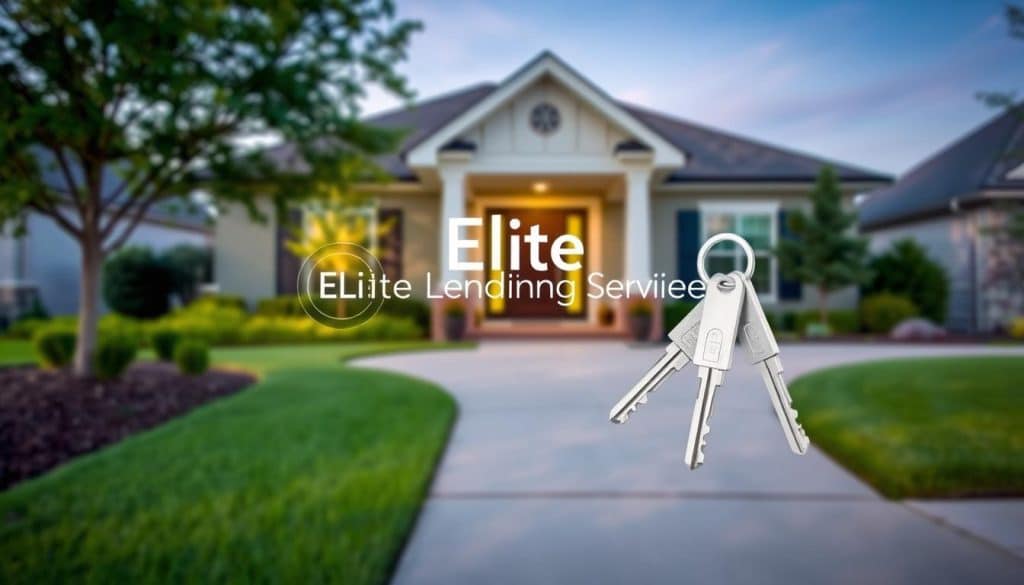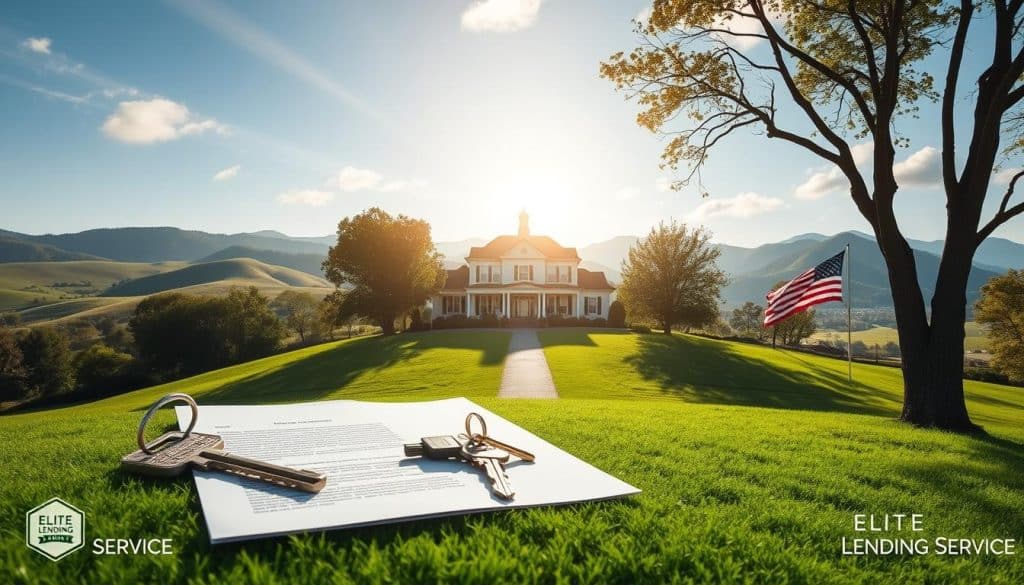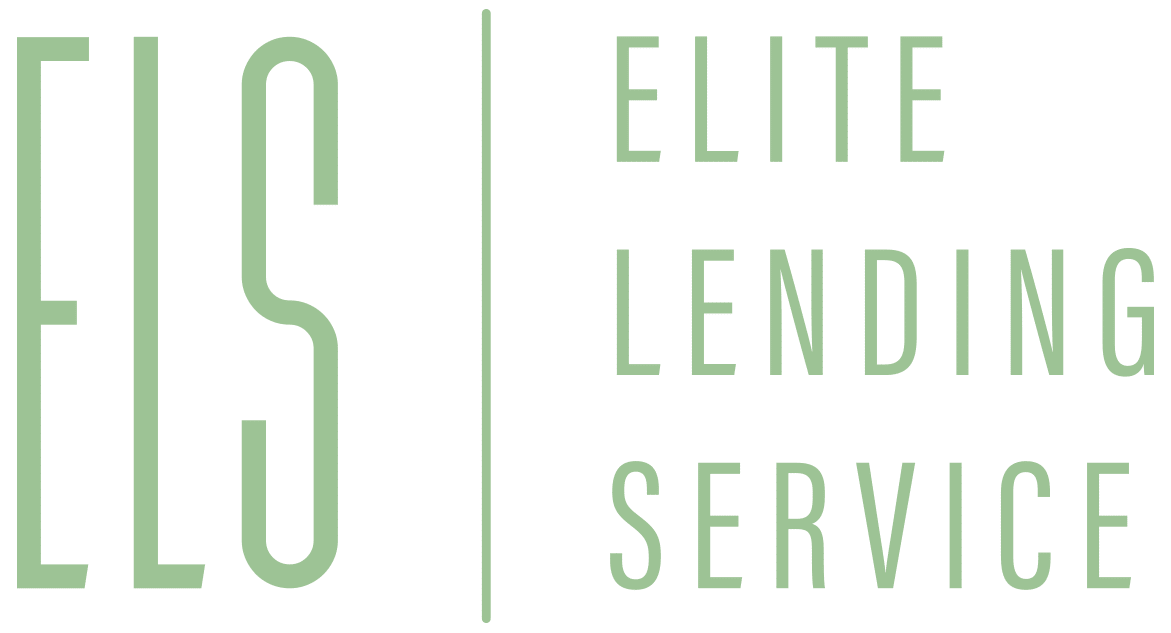Table of Contents
Can I use a VA loan more than once? So, can you score a VA loan more than once? The program offers killer perks—like ultra-low rates and zero down payment—so the idea of having repeat access feels pretty motivating. It’s a common question. Learning the ins-and-outs of the VA loan rules isn’t just important, it’s a game-changer, and it can open up doors you didn’t even know existed.
Most of the action takes place in the Certificate of Eligibility, or COE. This handy form basically gives you a green light to use the loan a second (or third!) time. Ready to see how you can make the most of your VA loan benefit, even if you’ve already moved into your first dream home? Keep reading!
Key Takeaways
- VA loans aren’t a single-use offer; you can tap into them more than once if a few rules are met.
- The Certificate of Eligibility (COE) is your ticket. It proves you still qualify for a new VA loan.
- To reuse your benefits, you generally need to pay the previous VA loan completely and sell that home afterward.
- However, you can also restore your entitlement just once—even if you still own that earlier VA property.
- Be aware that your eligibility can shrink if the VA loses money because of previous loan defaults or settlements.
- To be sure you still have benefits available, talk to your lender. They can help you check the leftover entitlement and advise you on your next VA loan.
Understanding VA Loan Eligibility and Entitlement
Veterans Affairs (VA) home loans are an awesome way to help service members buy their homes. However, figuring out VA loan eligibility and entitlement is super important. Let’s break these two terms down so it makes sense.
What is VA Loan Entitlement?
VA loan entitlement is actually a VA guarantee—the part the VA will cover if the borrower misses payments. There are two bits: the basic and the bonus. Together these cover about a quarter of the loan, making it way easier for Veterans to say yes to a home.
How Entitlement is Established
To kick off the entitlement, service members and Veterans need to document their time in the military. Each branch has service time rules, so it’s important to double-check what documents to send in. The best way is to file the right forms to the VA Eligibility Center. Once it’s approved, the entitlement is ready to help you buy a house or refinance the one you already own.
Restoring VA Loan Entitlement
If you’ve maxed out your primary VA loan entitlement before, there’s still a way to snag another VA loan. You can either request a one-time entitlement restoration or dip into any leftover secondary entitlement. To get your full entitlement back, you have to prove your last loan is paid off. This is easy if you sold the property or refinanced. In those cases, just fill out VA Form 26-1880 and send it in.
Surviving spouses of Veterans who have passed can also ask for a restoration, but children are not eligible. This benefit is a big help for Veterans who want to keep strong financial support for their homes.
Rules and Requirements for Reusing VA Loan Benefits
Knowing the rules is a must if you want to recycle your VA loan benefits. Veterans and active-duty service members can tap the loan again, but you must have remaining entitlement and also meet lender standards. Each lender and home may have slightly different hoops to jump through, so read the fine print before moving forward.

Keeping an eye on your VA loan entitlement is really important. If you’ve paid off your first VA loan, you can restore your entitlement. Doing this is a must if you plan to keep the same property.
Remember, VA home loan benefits are only for the home you live in full-time. You have to treat the property as your main residence.
Under special situations—like when you get Permanent Change of Station (PCS) orders—you may have two VA loans at the same time. Still, it’s crucial to keep track of your entitlement and the loan limits set by VA.
Also, keep the VA funding fee in mind, especially if you’re not putting any money down. Be sure your first loan is completely paid off, then apply to restore your entitlement so you’re ready for any future VA loans.
Can I use a VA loan more than once?
Yes, you can use a VA loan again and again. The secret is knowing how the rules work, including the one-time entitlement restoration and when you can have multiple loans. Learn the process, and you’ll keep your options wide open.
Conditions for Multiple VA Loans
You can use VA loans more than once and, in fact, it happens all the time when service members get PCS orders. But a few rules apply. First, you need enough entitlement available, which you can check on your VA loan Certificate of Eligibility (COE). Second, lenders will want to see that your financial picture—income, debt, and credit—is strong enough for another loan. Run the numbers ahead of time to confirm that you can manage the extra monthly payment, or talk to a VA loan specialist for guidance.
One-Time Restoration of Entitlement
VA loans allow you to restore your entitlement in some cases, but there’s a catch: the one-time restoration can only be used a single time. If you’ve paid off a VA loan and sold the home, that’s a straightforward restoration. However, if you still own the house, you can still get a new loan without selling it—but you must apply for the one-time restoration. Fill out VA Form 26-1880 and provide a copy of your loan’s payment history to prove the payments are all current and that the loan is either paid off or in good standing. Keep in mind that once you’ve used that one-time restoration, you’ll need to sell the property before taking out another VA loan.

Multiple VA Loans—What You Need to Know
You may not realize it, but it’s possible to hold more than one VA loan at once. Many borrowers do this by converting their current home into a rental. If you count that rental income, you might meet the debt-to-income requirements for another VA loan. Taking on multiple VA loans is manageable, but you’ll want a solid plan to keep track of your entitlement usage, loan limits, and any required down payments.
VA Loan Limits & Closing Costs
Understanding VA loan limits and closing costs can save you a headache down the road. Loan limits are the maximum amount you can borrow without needing a down payment, and they vary by county. These are set annually by the Federal Housing Finance Agency. For 2024, the baseline limit for most areas is set at $766,550. If you’ve already tapped into your entitlement, that limit may shrink.
When part of your entitlement is already used, the maximum VA guarantee on a new loan is the current baseline limit minus the amount already allocated. If the new home’s price is above this smaller guarantee, you’ll have to pay the difference as a down payment. Keep this in mind so you can budget effectively and avoid surprises at the closing table.
When you’re looking at closing costs on your VA loan, be sure you know your VA funding fee. It’s 2.15% if you’re a first-time borrower, but it jumps to 3.3% for repeat users putting less than 5% down. Beyond that, standard costs like the appraisal, title insurance, and recording fees also add to your total.
You have a couple of choices for handling these fees. You can roll them into your loan balance, or you can pay them right at closing. Paying them upfront means a slightly higher out-of-pocket payment now, but it keeps your loan balance lower later on.
If VA loan limits or these closing costs are leaving you with questions, a mortgage expert can help. Elite Lending Service, Inc. in North Florida is owned and managed by Brad Bailey, a trusted mortgage broker in the area. You can reach them at (904) 263-0376 or email brad@elitelendingservice.com for guidance on your VA loan benefits.
